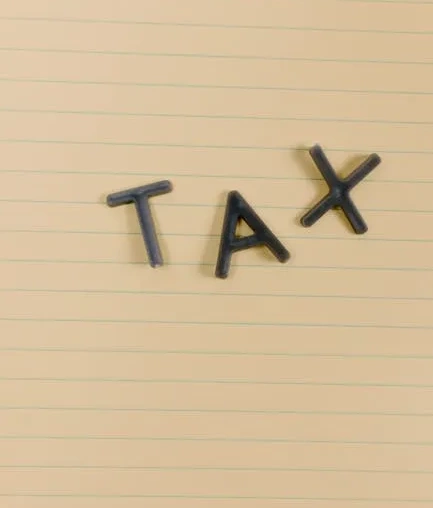
Turkey Takes Aim at Decentralized Exchanges: PancakeSwap First in Line
Turkey has initiated a crackdown on decentralized exchanges (DEXs), with PancakeSwap becoming the first major platform to face restrictions. The move raises concerns about broader regulatory actions against other DEXs like Uniswap, signaling a potential shift in Turkey’s approach to decentralized finance (DeFi).

Why Did Turkey Ban PancakeSwap?
The Turkish government has not provided detailed reasoning for the ban, but experts speculate it may be tied to:
- Regulatory oversight: DEXs operate without centralized control, making them harder to monitor.
- Tax concerns: Authorities may be targeting platforms facilitating untracked transactions.
- Financial stability: Turkey has historically taken strict measures against volatile crypto markets.
Could Uniswap Be Next?
With PancakeSwap blocked, traders and analysts are questioning whether Uniswap—another leading DEX—will face similar restrictions. Key factors influencing this possibility include:
- User adoption: Uniswap is one of the most widely used DEXs globally.
- Liquidity impact: A ban could disrupt Ethereum-based trading in Turkey.
- Regulatory precedent: Other nations may follow Turkey’s lead if the crackdown expands.
What Does This Mean for Crypto Traders in Turkey?
Turkish crypto users now face limited options for decentralized trading. Some alternatives include:
- Using VPNs to bypass restrictions (though legally risky).
- Shifting to centralized exchanges (CEXs) with local compliance.
- Exploring peer-to-peer (P2P) trading platforms.
The Bigger Picture: Global DEX Regulation
Turkey’s move reflects a growing trend of governments scrutinizing DeFi platforms. While some countries embrace innovation, others impose strict controls. The outcome of this crackdown could influence:
- Global crypto policies: Other regulators may take similar steps.
- DEX adaptability: Platforms may need to enhance compliance features.
- Investor sentiment: Uncertainty could temporarily dampen DeFi activity.
As the situation develops, traders and developers must stay informed about regulatory shifts that could reshape the DeFi landscape.



